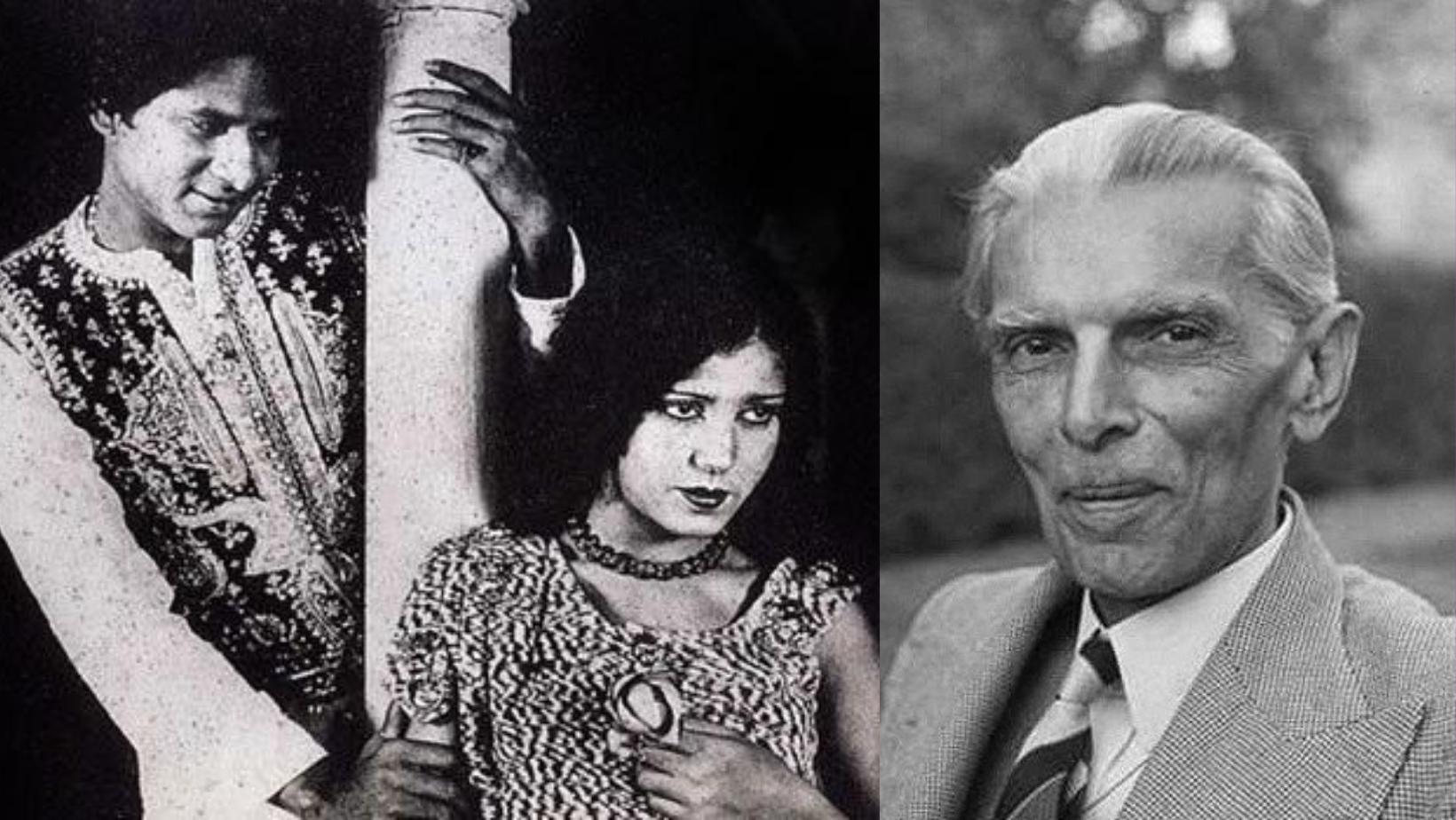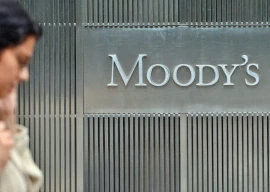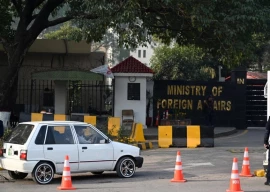
In the annals of Indian cinema history, the transition from silent films to talkies marked a seismic shift, bringing stories to life with the power of spoken word. While the world had already witnessed the advent of talkies with films like The Jazz Singer, India was abuzz with the quest to create its own cinematic marvel. The history is well-known unlike the role of one man who shaped the destiny of Indian cinema: Muhammad Ali Jinnah.
As per a recent article by The Indian Express, Pakistan’s founding father fought a legal battle that greenlit the first Bombay talkie, Alam Ara, in 1931. The year was 1927 and the world was only beginning to grasp the promise of The Jazz Singer, the first feature-length talkie. In Mumbai, filmmaker Ardeshir Irani, inspired by the possibilities of sound in cinema after watching the 1930 film Show Boat, embarked on a mission to craft India's first production with synchronised sound.
However, the road to Alam Ara, the groundbreaking film that would inaugurate Indian talkies, was fraught with challenges, none more daunting than the casting conundrum that threatened to derail the project.
Enter Master Vithal, a famous actor in silent cinema, coveted by filmmakers and audiences alike. Irani’s interest in the A-lister was only partially on merit as a popular face was also one way to ensure his experimental venture took off. However, contractual bindings with Sharada Studio ensnared Master Vithal casting a shadow over his potential involvement in Alam Ara.
Sharada Studio sued the actor shortly after he was enlisted by Irani. It was in this moment of crisis that Master Vithal sought Jinnah’s legal acumen to help him win the freedom to take on Irani's magnum opus.
Alam Ara, with its ensemble cast including the renowned Zubeida and Prithviraj Kapoor, heralded a new dawn for Indian cinema. Yet, the journey was not without its share of pitfalls. Master Vithal's struggles with dialogue delivery hinted at the teething troubles of this nascent art form. Nonetheless, as the film turns 93, its release is a watershed that paved the way for Indian cinema as we know it.
Jinnah and cinema
Where successive Pakistani governments have subjected the country’s once prosperous film industry to official neglect, a letter penned by Jinnah was discovered in 2013, revealing the seminal importance the country’s founder gave to the industry.
“I am in receipt of your letter of December 30th 1944, and I wish more Mussalmans would enter into this realm of film industry, and I shall always be glad to do all I can to help it. I have noted that Mr Mahboob is producing a historical picture “Humayun”, and if I have an opportunity of seeing it I might be able to express my opinion about it, but generally I do wish that more Mussalmans would enter this line, as there is plenty of scope for them in the film industry,” reads the Quaid’s letter, dated January 6, 1945.
The type-written letter clearly bears his personal monogram and is neatly signed by his own hand. The letter was written in response to a letter by Mohammad Masud, then a young political activist, who sought the Quaid’s opinion on the role of Indian Muslims in the sub-continent’s film industry.
Quaid’s letter could not have been uncovered at a more apt time. It shows the level of enthusiasm a person who represented the entire Muslim population of India at the time possessed, even as he replied to someone as inconsequential as a young admirer – that too at a time when the entire region was embroiled in a crisis much graver than cultivating a film industry.
The Pakistani film industry has been on the verge of demise ever since the separation of East Pakistan (and with it, its film industry), and the advent of the VCR. The state, meanwhile, has had bigger concerns, leaving an industry, which once provided much revenue and was a means of promoting a ‘softer image’, in shambles.
No government has tried to restore Pakistani cinema to its former glory – the state does not even acknowledge it as an industry. Similarly, little official attention has been given to film education – not a single state-funded film school exists in the country.
Have something to add to the story? Share it in the comments below.

-(1)1721110589-0/Untitled-design-(85)-(1)1721110589-0-270x192.webp)
















COMMENTS
Comments are moderated and generally will be posted if they are on-topic and not abusive.
For more information, please see our Comments FAQ